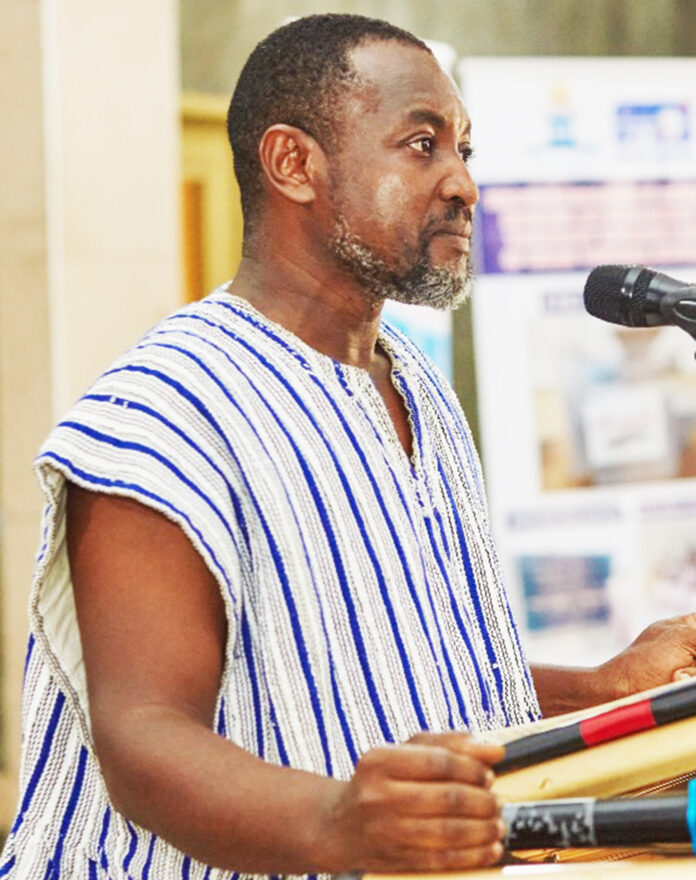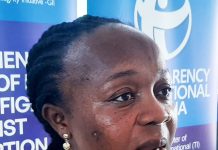Ing. Emmanuel Wireko-Brobby has maintained that until the time when Ghana starts to manufacture basic hospital equipment like MRI, X-ray, T-scan, hospital beds and wheelchairs among others, there is no way the cost of access to quality healthcare delivery would be affordable to the average Ghanaian.
“There should be a deliberate attempt to develop Ghanaian Engineers to the level where importation of Rickshaw, simply called ‘Pragya’ and Tricycles (Aboboya) would be a thing of the past”, he said, and stressed that the driving force behind any resilient economy is technology and “no economy is capable of standing the test of time without building a strong engineering base”.

Ing. Wireko-Brobby, a Consultant, Principal Clinical Engineer and head of the Electrical Engineering Unit at the Komfo Anokye Teaching Hospital (KATH) was speaking at the observation of World Engineering Day at the Great Hall of the Kumasi Technical University (KsTU).
According to him, the proposed 24-hour economy by former President John Mahama and the digitalization agenda by the Vice President and flagbearer of the New Patriotic Party (NPP), Dr. Mahamudu Bawumia or any industrialisation programme for the country would only be a mirage if it does not factor the “engineering fraternity”.
Ing. Wireko-Brobby, who is always passionate about innovations and invention, encouraged the engineering students and aspiring engineers “to deviate a bit from the weak mentality of repair works on imported items to that strong mentality of innovations and inventions”.
Himself an inventor of more than 15 different hospital equipment, he stressed that unless there was a deliberate attempt to develop and invest in the Ghanaian engineer, “we shall continue to lose our loved ones” to diseases like kidney failure, liver problems, cancer and even basic health problems.
Ing. Prof. Osei-Wusu Achaw, the former Vice Chancellor of KsTU, who was the Guest of Honour, lamented that Ghana with a population of about 30 million ought to be training and graduating about 30,000 engineers annually instead of the current 7,000 engineers every year, comparing it to Vietnam with a population of about 100 million, which trains and graduates 100,390 engineers on annual basis.
He called on engineers to double up their efforts to help address the diverse challenges facing society.
From Thomas Agbenyegah Adzey, Kumasi










